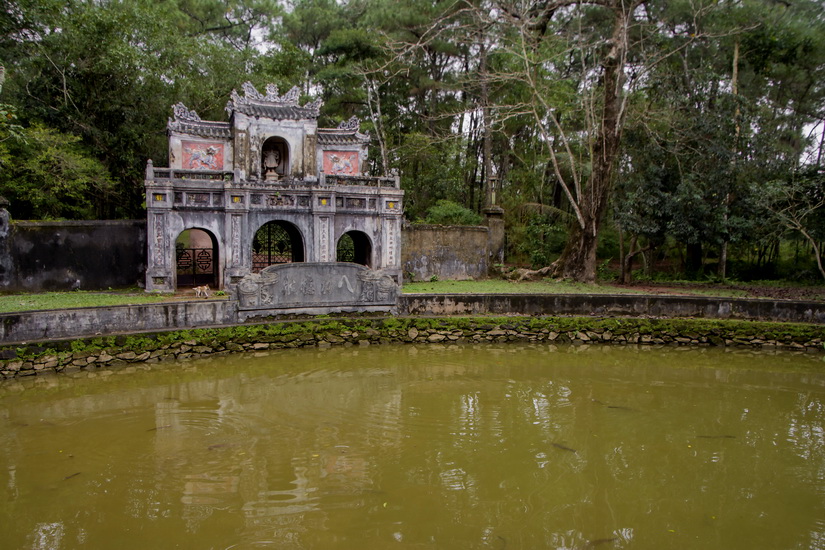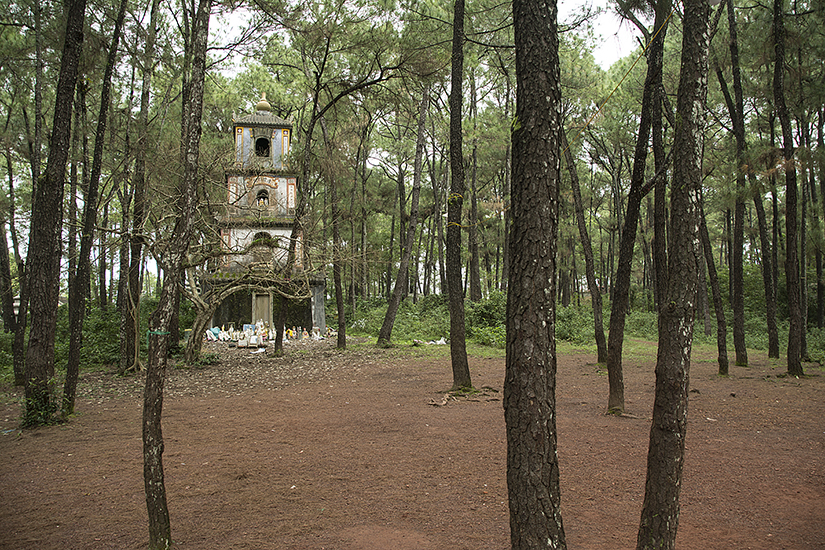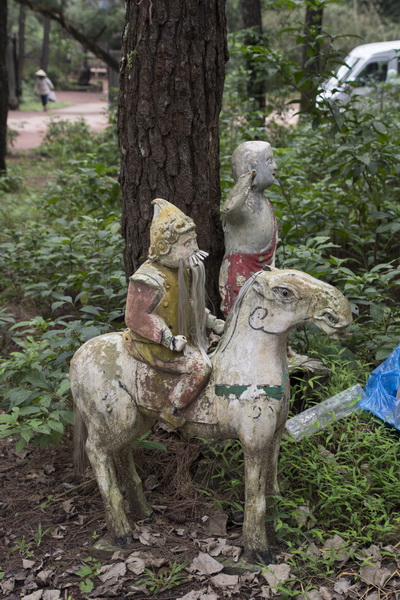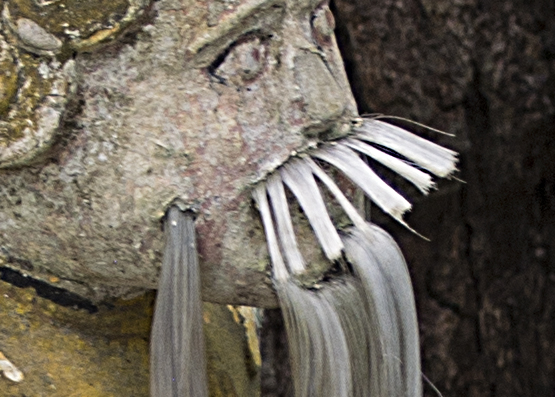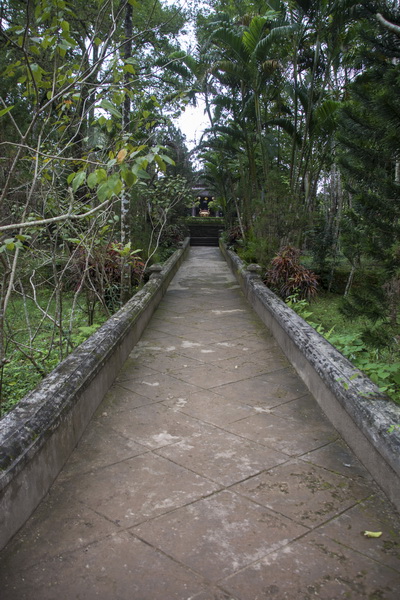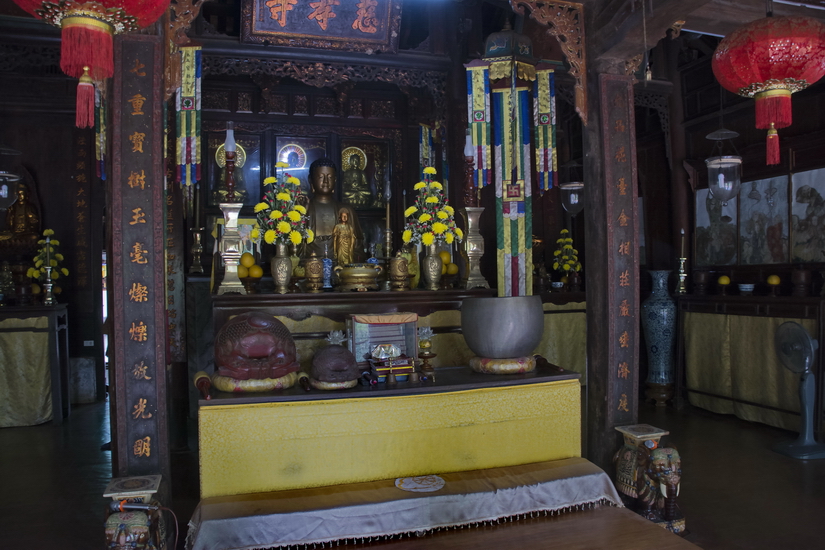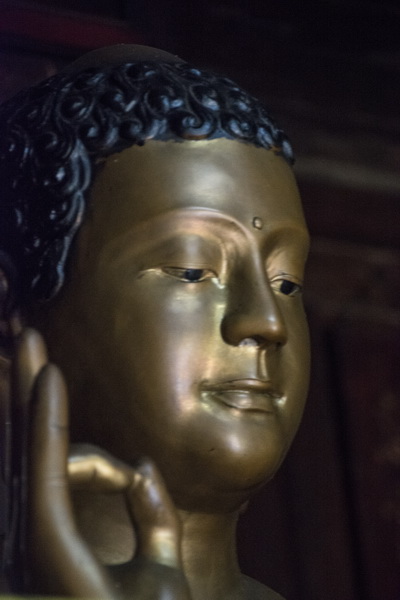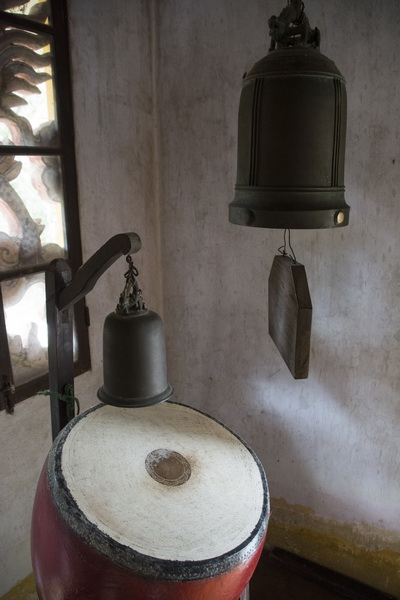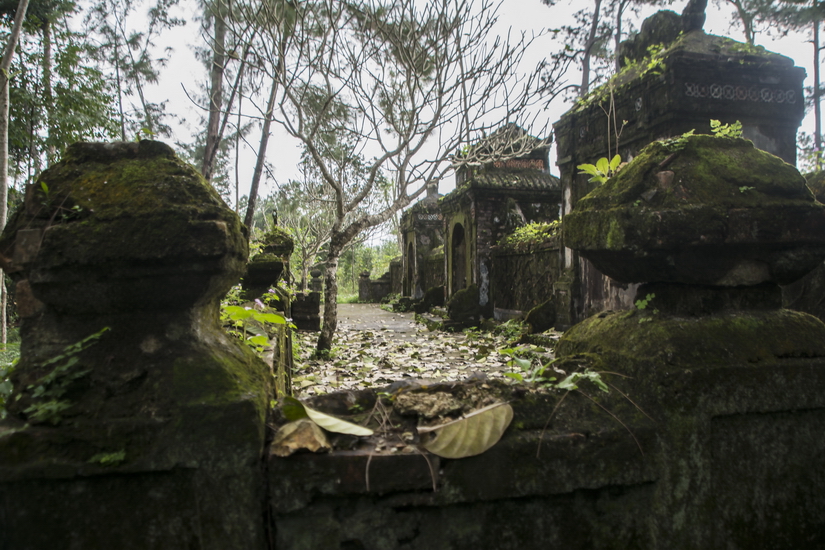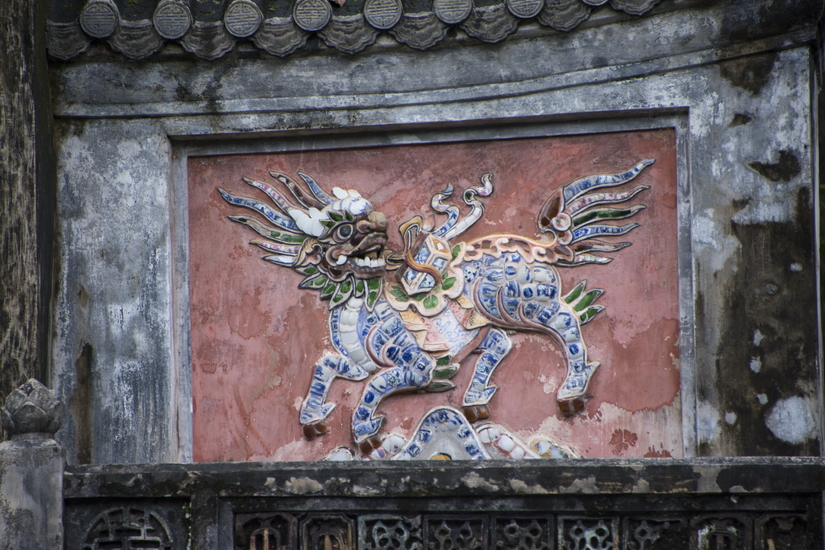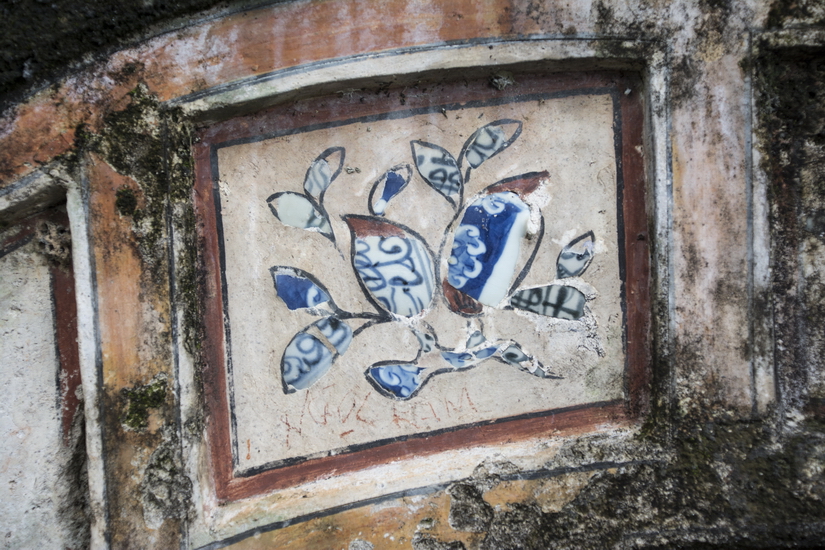Photos Home
Countries
Vietnam
Hue 2018
Traditional Hue 2018
Ho Chi Minh City 2018
© John Holstein 2018
"Tu Hieu
Pagoda, nestled in a forest setting at the end of a dusty, red road. Amongst
Hue’s 100 or so pagodas, this simple structure has one of the most
interesting stories. In 1843, an abbot named Nhat Dinh gave up his position
in the court and returned home to look after his ailing mother. When his
mother’s condition worsened despite medicine and care, it was suggested
that Nhat Dinh add fish and meat to her diet. Ever a dutiful son, he walked
to the market to buy those things for his mother, accepting the shame
that came from people seeing a monk buying meat and therefore contributing
to the death of another living thing. Word got back to the king who praised
Nhat Dinh for showing honor to his mother. The king sent money to build
the Tu Hieu Pagoda, meaning 'filial piety' or the devotion that children
show to their parents.
"Off to the side of the pagoda are 20 or so tombs of eunuchs who
served under the Nguyen Lords. Flush with wealth from controlling which
wife or concubine got to spend precious nighttime hours with the king
with the possibility of providing a royal heir, the eunuchs donated to
the pagoda so that they would be remembered after their death, with no
heirs of their own to offer up incense to them." ("Oi
Vietnam")
